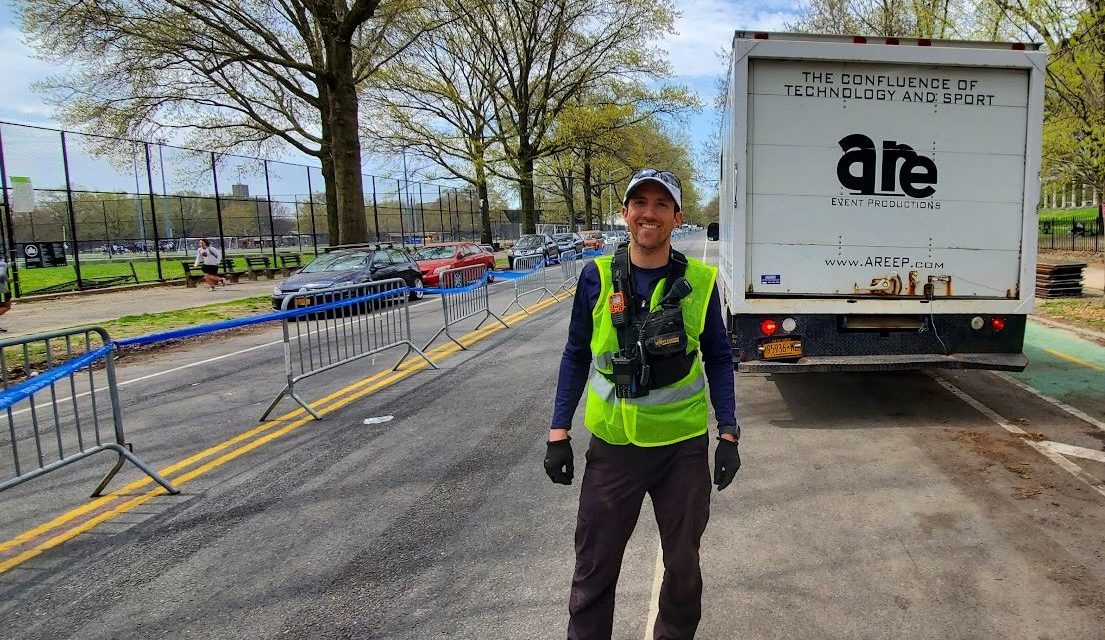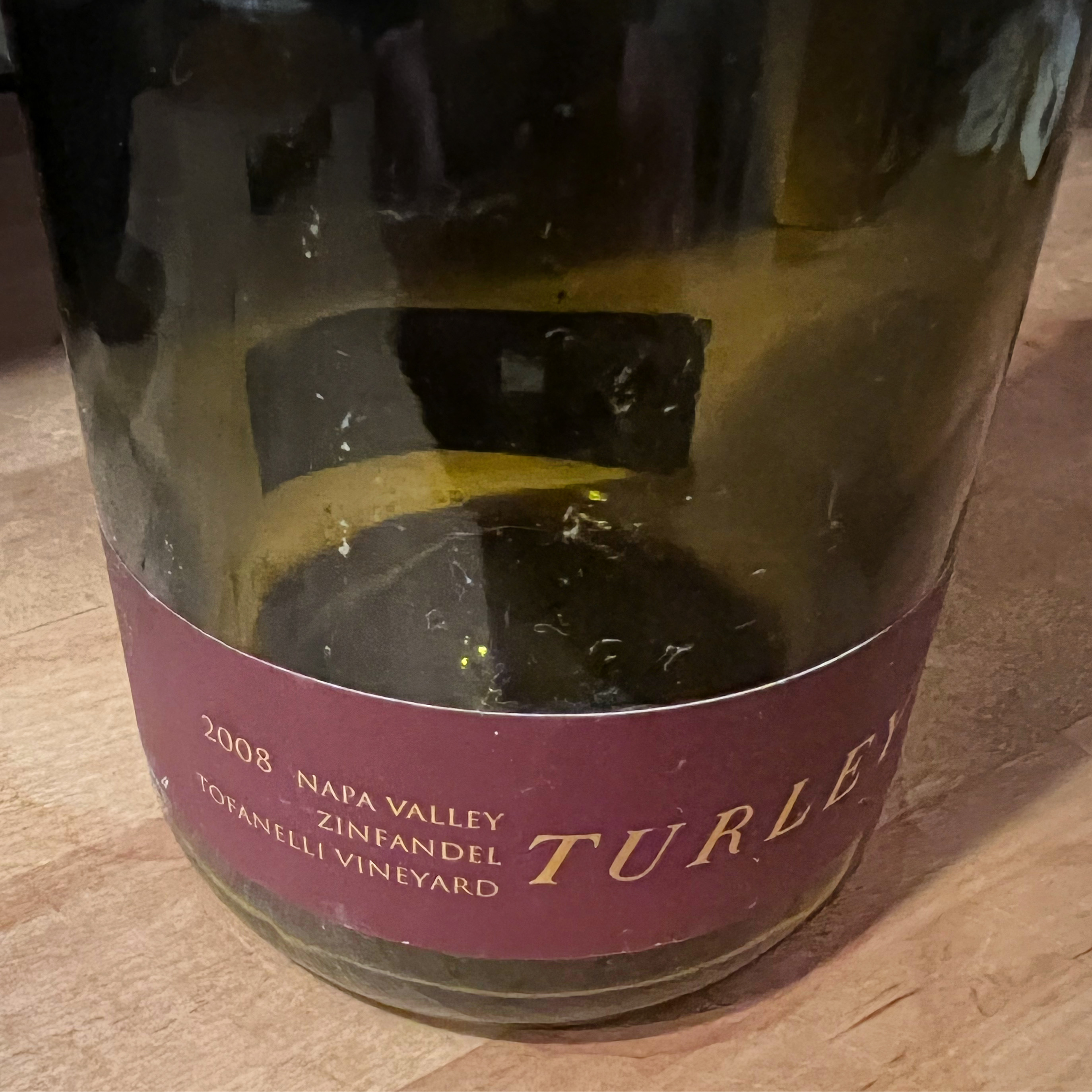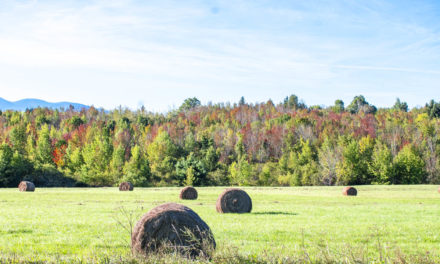The mission of CivMix has been built on giving community voices and news a platform. From the daily “Rise and Shine” updates to our “CivMix Voices” blog, we want to make sure that you know not only what is happening in the #518 but also meet some of the individuals that are involved and invested in our great community. Contributor Alyssa Lotmore will be highlighting some of those individuals in our new “CivMixer Spotlight” series.
CivMixer Spotlight: Josh Merlis
From events like the CDPHP Workforce Team Challenge to the Helderberg to Hudson Half Marathon, there always seems to be road races happening. They are great community events that bring people together. But did you ever wonder who makes sure that the race starts on time, the roads are blocked off, the results are accurate, and the prizes are given? Meet Josh Merlis.
Q: You are extremely well known in the running community. Can you talk about how you got involved with running.
A: My father began running around the local track (in Queens, NY) around the time I was 3. He took me along as his sidekick, and while I spent the majority of the time playing with the sand in the long jump pit, I gradually became more active running around the track too. At 6, I ran my first 5K and joined a local USATF youth team. In 5th grade, I ran my first half marathon. Throughout that time, I was also playing soccer and little league, but by 7th grade, I gave up the other sports and went “all in” with running, competing in all 3 season (XC, indoor track, outdoor track) in middle school, high school, and also for my first 2 years at UAlbany.
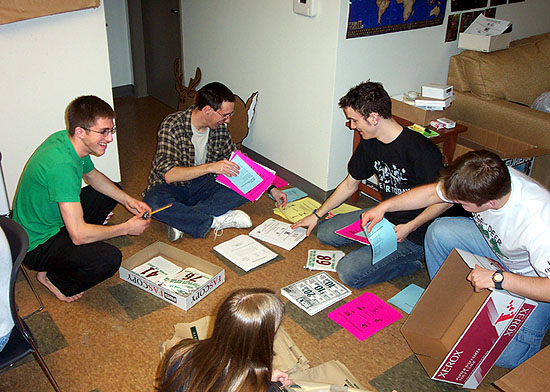
Q: What started off in 2002 as a running group for UAlbany students and members of the local community, the Albany Running Exchange (ARE) has since evolved into ARE Event Productions (AREEP). Before we get into all that AREEP does in the community, can you share some background about the evolution of ARE?
A: First, it is, simply put, hard for me to believe that this is the 20th year of ARE. It still gives me pause to think back to how it at all started and the thoughts I had at that time (ie. how in its first year, I recall telling my then girlfriend, “I want this to be my job one day.” And then laughing at the concept of how could this be a job!?) To directly answer your question: The initial concept of the Albany Running Exchange began at the end of the 2002 spring semester at UAlbany (my sophomore year) when several of us who were on the (school) team decided to leave the team. The long time cross country coach was being replaced, and related to the nature with which that transpired and our involvement and treatment in that process, several of my teammates encouraged me (I was the captain of the XC team that previous fall and our rep on the Student Athletic Advisory Committee) to start an organization that would keep us motivated to continue running but on our own. So, to be clear, humorously it wasn’t “my idea” to do this, but as summer of 2002 rolled into the fall, several teammates were telling people that “Josh was starting a running club” and I started getting emails asking me about the club (which actually didn’t even exist). Finally, after 2 weeks of this, I submitted the paperwork to the Student Association and plastered the campus with signs advertising the first ARE Club Meeting for Tuesday, October 1, 2002. I still have a copy of that sign hanging in my office today.
Over 50 students attended the meeting, nearly all freshmen, some of whom weren’t even 18 yet. That fall, I organized club practices 2 to 3 times each week at 4:30PM, and when I made my spring class schedule, I arranged it so that I could lead team practices every day of the week at 4:30PM. During the winter, I committed to running outside no matter the weather. Making clear to everyone that we will always run helped to get many in the habit, and in a short time, we became very active with dozens of club members attending on a highly regular basis.
The following academic year (our first full year in existence), we began selling bagels in the campus center twice each week, and raised over $10,000 in the process, which we used on entry fees for races, club trips, and uniforms. Our bagel sales also became a hub for us to hang out on Tuesdays and Thursdays in between classes. In addition, we began our own races, a Summer Trail Run Series, and many of us moved in together after college. In short, we became a family. Many marriages ultimately came about, along with many members of those first few years ultimately becoming employees/staff of AREEP in the years to come.
To that end, I do want to emphasize that I have an amazing team at AREEP and am incredibly thankful for their level of commitment and exceptionality. Many aspects of what we do is grueling, particularly when some of the more difficult aspects compound such as overnight or very early morning setups in atrocious weather. We’ve worked events below zero degrees to over one hundred, and Ironman Distance events that have us working non-stop for far longer than the 17 hour cut-off for participants to complete the event. Some weekends involve an extreme amount of travel (ie. driving to North Carolina to produce an event, on-site there for 2 non-stop workdays and then driving 10+ hours to work the NYC Marathon the next day for 10+ hours on barely any sleep).
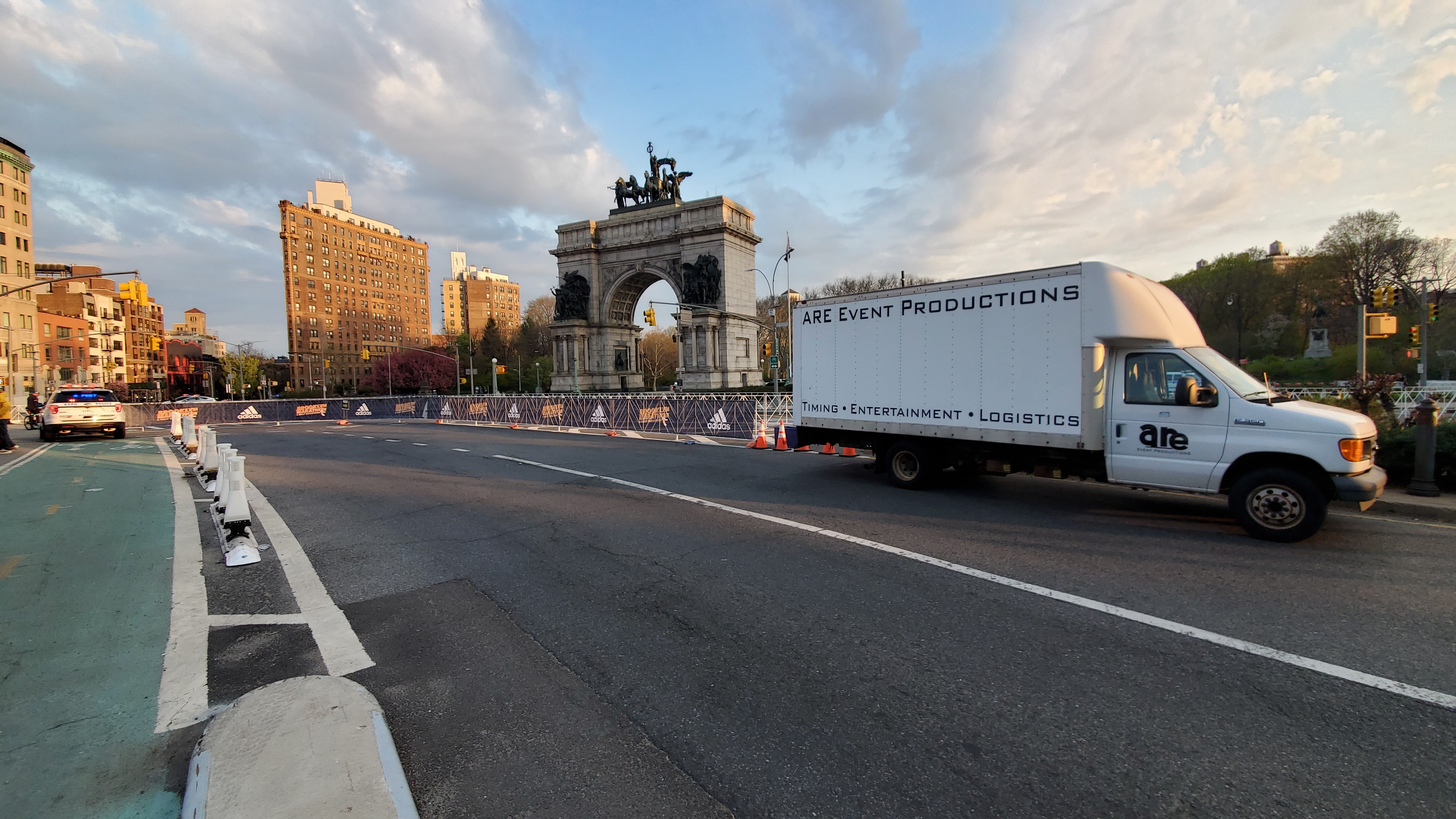
Q: From the CDPHP Workforce Team Challenge to the Helderberg to Hudson Half Marathon, AREEP is either involved with, or the host of, many well known races in the Capital Region and beyond. Tell us a bit about what AREEP does and the impact it has had on the running scene these past few years.
A: AREEP is a full service (“endurance”) event production, logistics, and software company. In short, we produce races. We have all the equipment necessary to put on a race – not just from the timing/results perspective (which is our original primary focus) but to all aspects of course management (cones, directional signage, etc.), general staging equipment (barricades, truss equipment), as well as entertainment (sound/announcing, etc.) We also write our own software for the endurance industry (ie. registration, data management, logistical management, etc.), general fundraising, and also for clients not involved with racing such as Nike, Facebook, and Hulu. (One of our projects was nominated for a Webby in 2022.) As far as races, from tents to water stop supplies, we have it in-house, which makes it both easier for us to direct the events we own, along with operate as a “one stop shop” for our clients. I am tremendously thankful and appreciative of the trust that has been placed in us over the years, which thankfully has gotten us to a point of also having extensive experience having worked over 2,000 events in the past 15 years. Our teams have worked events in 20+ states, including National Championships and other major/prestigious events across the country. On a typical spring weekend, we are involved with the production of 4 to 8 races.
It does feel a bit forward for me to assume what our impact is, but if nothing else, during the height of pandemic restrictions, we were among the only companies in the state, if not the northeast, that was able to still host all of our events in-person. So as far as the past few years, our impact was the preservation of racing in the Capital District. We had roughly 200 client events lined up for 2020. 194 of them canceled. To hold (all of) the ones we own, we did radically modify the in-person experience by asserting greater control over participant density (ie. starting 2 people at a time instead of mass starts) along with modifying all aspects of interactions at the event (ie. moving every component outdoors [ie. packet pick-up] and boxing the meals).
Something I can’t assert as objectively about our impact, but what I do hope is that for events we are part of, members of our community know that those events will be professionally deployed and that they feel confident the major items will be done correctly. To be clear, our clients can hire us for a spectrum of services, and something we do struggle with is the reality that race participants typically don’t know the specifics of our involvement (ie. when a race is on our calendar, we don’t get into the particulars of if we are doing any/all of the following: timing, entertainment, course marking, general logistical oversight, etc.) To be a bit more specific about the major items we feel an event needs to hit: the race starts on time, the course is sufficiently marked and safely traversable, results are expedient and accurate, all advertised aspects of the event are delivered as promised (ie. giveaways, awards, refreshments, other amenities). It is our mission to deliver a quality experience that nails all of these items every single time. It’s exactly what someone registering is paying for, and as athletes ourselves, it’s exactly what we want for the events we choose to participate in.
Getting more into the particulars of our involvement with events: When an event wants to contract us to help them with their race, they fill out a form on our website. We typically then have a call to discuss the particulars, along with review the major items of producing a race and determine what they want us to do and what they will do themselves. Our clients come from a variety of backgrounds related to the sport, with some having literally no experience (ie. someone at their company/organization told them, “Let’s do a 5K. You’re directing it.”) to long-time race directors, who in some cases do it as their career. As such, it’s generally the smaller, newer (especially first year) events that ultimately require the most assistance with the operational logistics (in many ways, a large part of our role becomes educating them on what they need to do) and the larger events that have been around longer are more turnkey.
On a related note, with most of our events now returning after a three year hiatus (they were last held in 2019), many either have had turnover in who is directing them or, as that person was only doing this one event each year, they are out of practice and relying on us much more than pre-pandemic. It’s made for a particularly busy spring administratively beyond the physical aspects of event preparation/deployment.
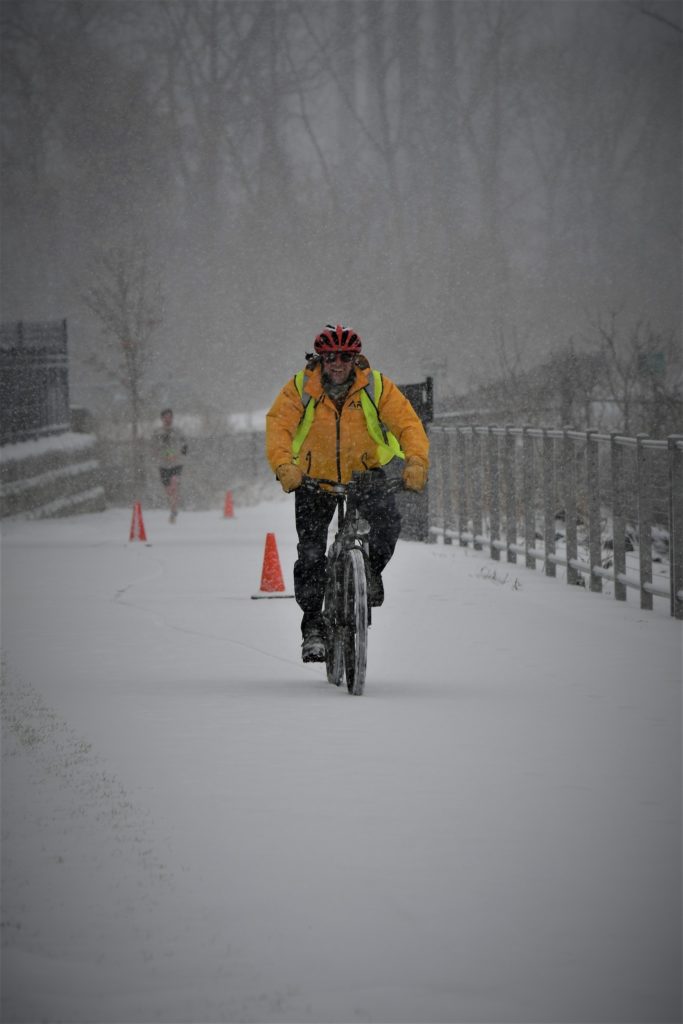
Q: This is not just a job, as running connects to many aspects in your life. Your wife, Michelle, even recently qualified for the trail running world championships in Thailand (Congratulations!). What is it about running and the running community that has resulted in it remaining such a huge part of your life?
A: I recently wrote an article in the Pace Setter that I feel touches well on this, and so I’ll copy some of that here:
Regardless of the reason that any of us participate in any particular event, the communal energy is synthesized as a byproduct of our diversity, excitement, and varied motivations. Where else in our daily lives might you spend 15 minutes, half an hour, or more, within just a few yards of someone you may never meet in your life in any other capacity? And to not just be around others, but to do so while we all are challenging ourselves, gaining strength from these strangers!? It should therefore be no surprise that so many of us make friends through running, for it is in that shared suffering that we reach that next level of self-belief, and for so many of us, myself surely included, it is only through running that we feel such accomplishment and pride in our commitment to bettering ourselves. Is there anything more positive and reaffirming?
Pace Setter
Through running, I have had the best experiences of my life. I have gone on running tours of Europe and New Zealand, for which, while on the run, I have seen amazing sights and met incredible people. I met my wife through running, whose rise as a runner (particularly on trails) is both astounding but also epitomizes how much potential we all have – if we have the dedication and passion to commit ourselves to it fully. (I have learned just how far I am from that by observing her. [Written with a smirk!])
I spend the (far) majority of my time in front of a screen. I imagine most of us do. It is only when I run that I feel that true sense of freedom; indeed, it often is with few items of clothes, outdoors, away from technology, and in closer proximity to nature, be on a trail or even just a path for which there are squirrels and other reminders of this world not just being “about us”. (Sometimes there are squirrels in my office too, but it’s not the same.)
It’s often said that people run for different reasons. And while on one hand that’s true, I’d like to also suggest that it could be postulated that it could also be said that everyone runs for one single reason: to be happy. And for each of us, there may be a different goal that brings about that happiness (a faster time, less weight, spending time with those you enjoy, etc.) – but it’s all about happiness. And you know when people are most enjoyable to be around? When they are at their happiest. Choose running. 🙂
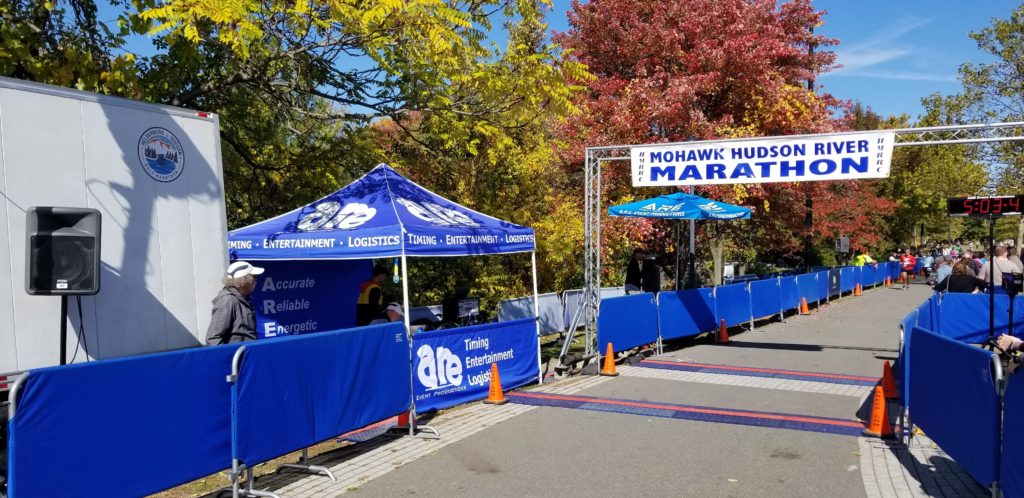
Q: With many of your events being held in the Capital Region, what are three things you love about the area?
A: I love the accessibility to tremendous variation in places to run. From bike paths to the gnarly terrain of Plotterkill, and literally everything in between, a short drive can get you running on whatever surface you desire.
I am thankful for the tremendous strength of our region in hosting events, particularly due to the efforts of the Hudson Mohawk Road Runners Club (HMRRC) over the past 50 years to give us such well known events as the Stockade-athon and Mohawk Hudson River Marathon, along with the (non-HMRRC) Freihofer’s Run For Women which draws world-wide attention to racing in Albany. Without those events (dating back to the 1970s), running would not be what it is today in our region. It is an honor for us to now be part of those events and their growing history and legacy as staples of the region.
I love the communal feel at our events. People are friendly and it is a welcoming environment. In my “old life”, when I had a “real” job (AKA one that most people understand much better than “race director and timer”), I was a high school math and computer science teacher. Not every student in my algebra class was thrilled with taking algebra. When at an event, by and large, everyone who is there wants to be there. It’s like we get to throw a party every Saturday and Sunday. While the demands of what goes into it can be excessive (the most extreme when permits for road closures and timelines for setup prevent the ability to get any sleep), indeed, it’s the dream job I wanted at 20 years old, and I can’t imagine doing anything else.

